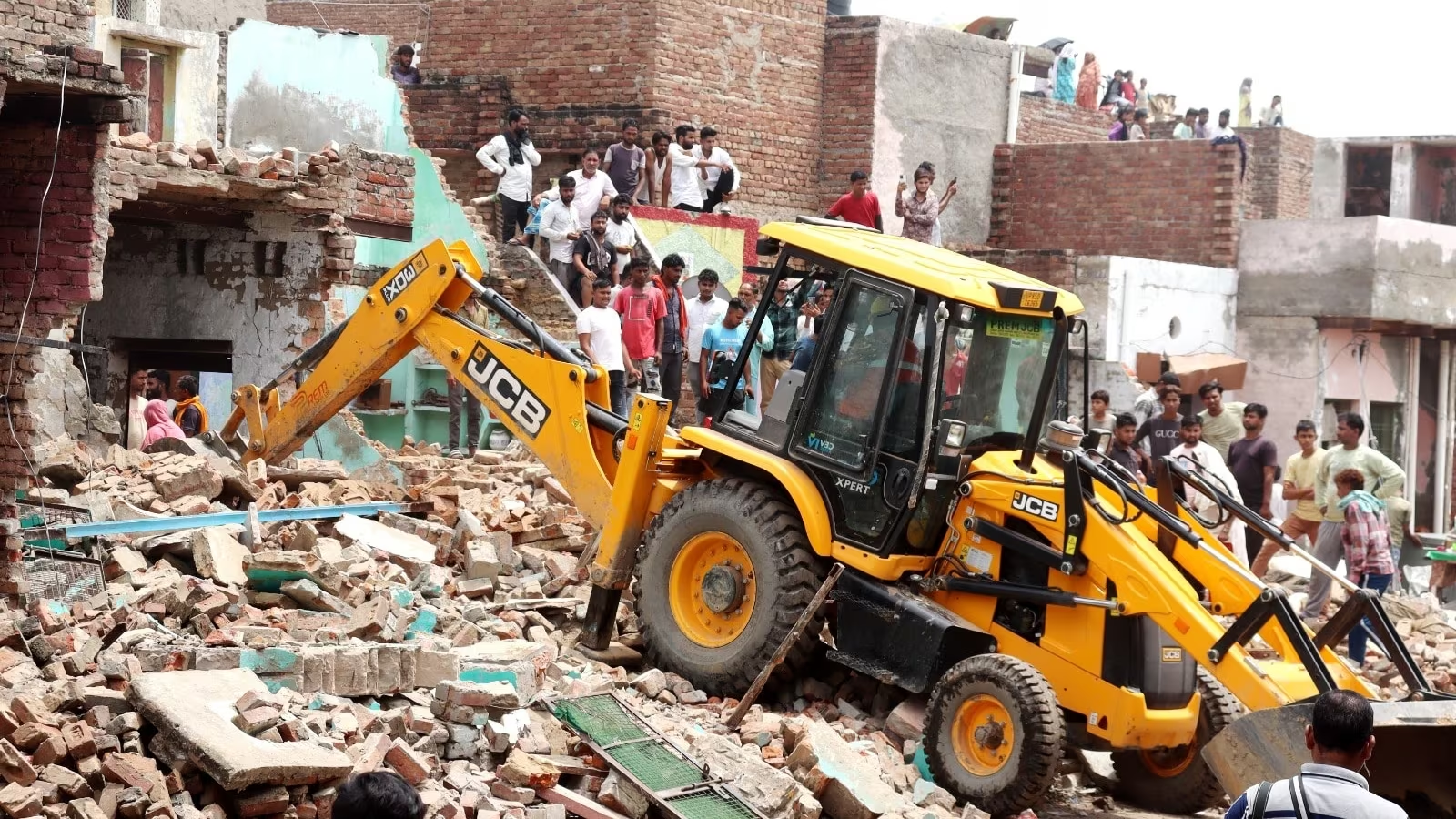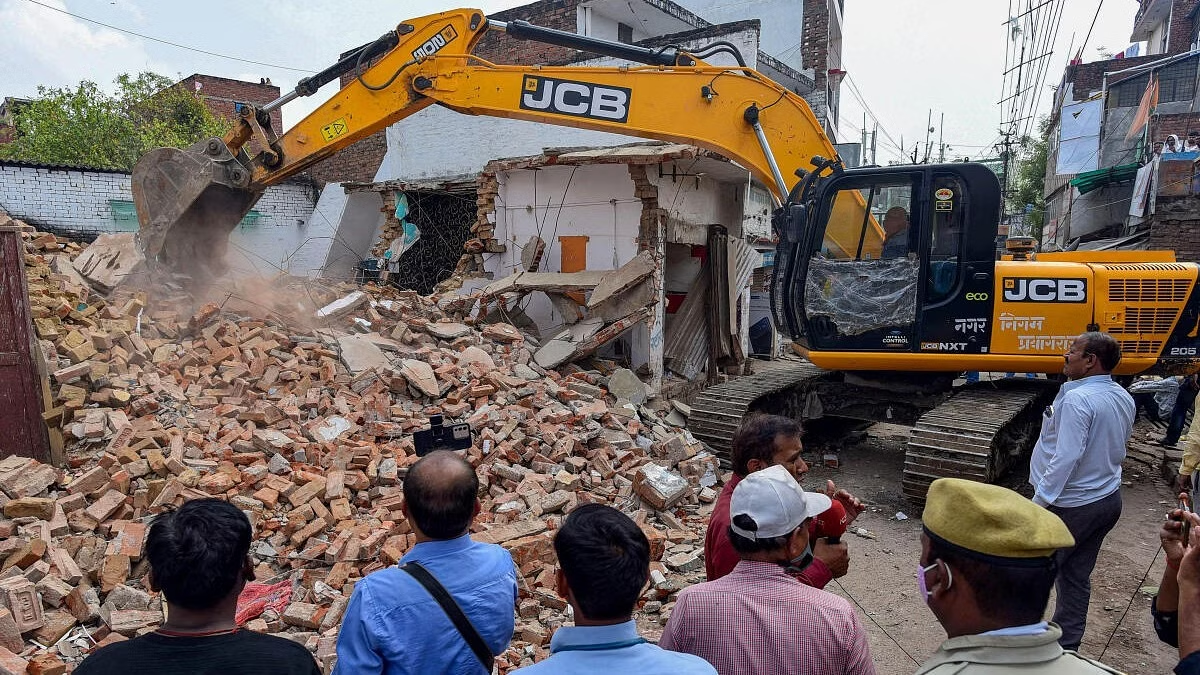India’s Supreme Court ruled Wednesday that authorities cannot demolish homes simply because residents are accused of crimes, establishing strict guidelines to end what critics call “bulldozer justice” that has disproportionately affected minority communities.

“The executive cannot become a judge and demolish properties. The chilling sight of a bulldozer demolishing a building reminds one of lawlessness where might was right,” the court declared, mandating a 15-day notice period before any demolition can proceed.
The landmark ruling responds to numerous petitions challenging authorities’ use of demolitions as punishment, particularly in states governed by the ruling Bharatiya Janata Party (BJP). While officials cite illegal construction as justification, opposition leaders and activists say the practice primarily targets Muslims, especially following religious violence or protests.
The new guidelines require authorities to provide detailed written notice explaining demolition reasons and allow sufficient time for occupants to respond or vacate. Officials must video record any demolition proceedings or face contempt charges for violations.
“Such highhanded and arbitrary actions have no place in a constitutional democracy,” the court stated, warning that officials “who took the law in their hands” would be held accountable.

Amnesty International welcomed the ruling as “a big win in ending the deeply unjust, widespread, unlawful and punitive demolitions, mostly targeting the minority Muslim community.” The organization noted that ruling party leaders and media had often celebrated the practice as “bulldozer justice.”
The BJP denies targeting Muslims, with state chief ministers defending demolitions as part of their tough stance on crime. However, the court emphasized that “citizens’ voices could not be silenced by the threat of demolition” and called such actions “simply unacceptable under rule of law.”
Legal observers say the ruling’s effectiveness will depend on implementation, though it marks a significant step toward preventing extrajudicial punishment through property destruction. The court has consistently criticized the practice throughout hearings, emphasizing constitutional protections for all citizens regardless of accused crimes.



